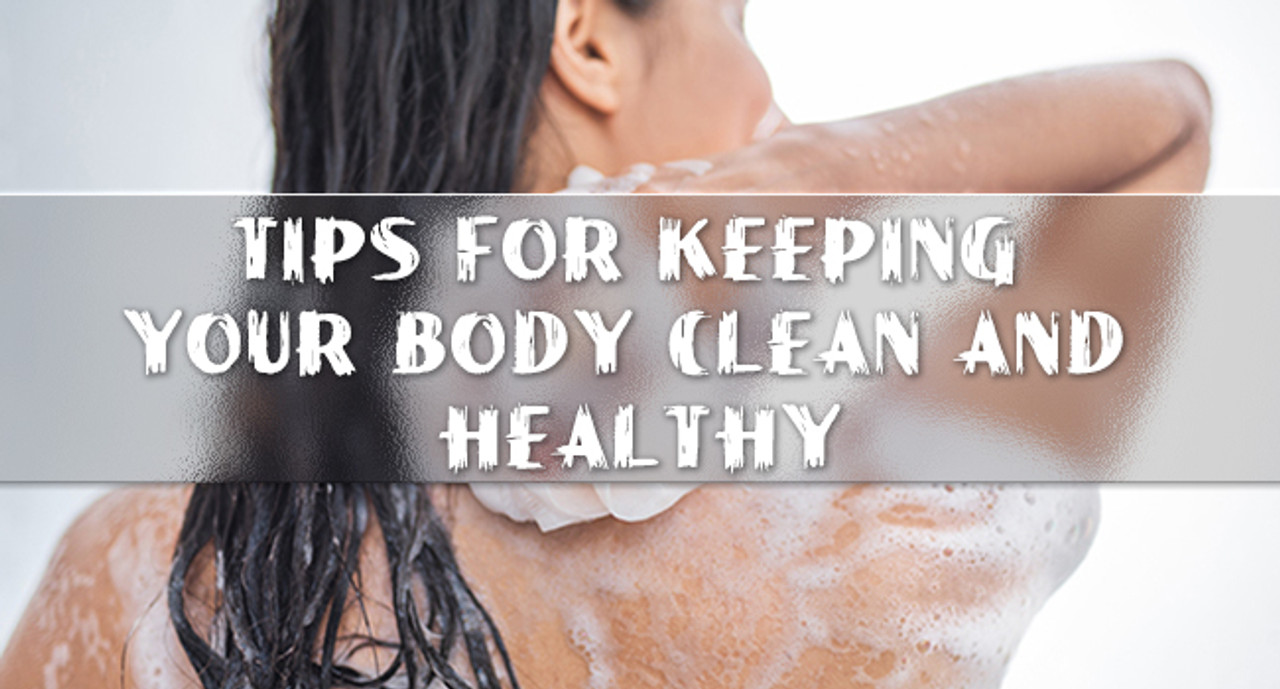Tips for Keeping your Body Clean and Healthy
Body cleanliness is a visual representation of personal image. Not only does it show your personal hygiene habits, it is also crucial to maintaining personal health. If you don’t pay attention to body hygiene, you can easily contract various skin diseases, which will have a negative impact on your mental health. Moderate cleaning maintains confidence and health, while excessive cleaning endangers life and safety. The following article will explain basic guidelines for proper body cleansing.
Proper Showering or Bathing is the Most Basic Means of Body Cleansing
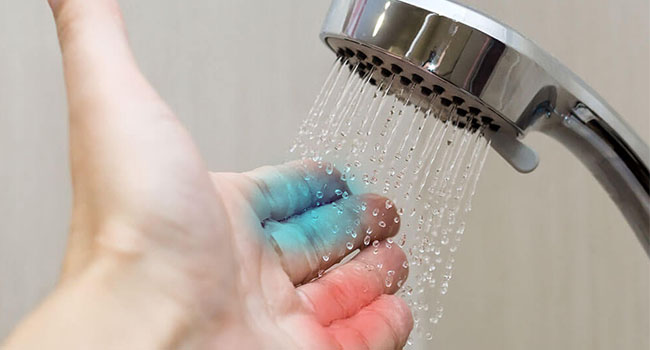
Regular showering or bathing is a basic step to keep the body clean. It is best to shower half an hour after breakfast. This can wake up the body and mind, make people full of energy, and help improve the efficiency of work and study throughout the day. If you feel tired at night, you can rinse it 1 hour after dinner or 1 to 2 hours before going to bed, which can accelerate blood circulation and improve body metabolism. Choose a cleanser that suits your skin condition and use warm water to cleanse your body regularly.
- Adjust the water temperature before showering/bathing to avoid being too cold or too hot. Excessively high water temperature can easily cause burns, destroy our sebum film, and make the skin drier. Warm water helps open pores for a more thorough cleanse. Depending on the season, the water temperature control is also different. The temperature of bathing water in summer should be close to body temperature, around 35°C to 37°C. In winter, it is recommended to control the water temperature during bathing at 37℃-40℃ and not exceed 42℃. Excessively high water temperature may not only damage the skin, but also cause hypoxia and the risk of fainting.
- Choose a body wash, soap or other detergent that suits your skin type and personal preferences.
- Be careful to avoid washing your body excessively, otherwise it will cause skin problems, this is what experts say.
Choose the Cleaning Product that Suits You According to Your Skin Type.

How to judge your skin type?Please refer to this article from wikiHow.
Dry Skin:If your skin is prone to dryness or lack of moisture, choose cleansing products with moisturizing properties. Look for body wash or soap that contains moisturizing ingredients like glycerin, natural oils (such as coconut oil, olive oil), or allantoin. Avoid products that contain alcohol, sulfates, or harsh cleansers as they may further disrupt your skin's moisture balance.
Oily Skin:Oily skin should choose products with oil control and cleansing effects. Body wash or soap should contain salicylic acid, tea tree oil, citric acid or other antibacterial ingredients. These ingredients help reduce excess oil and control the formation of acne and pimples.
Sensitive Skin:If your skin is prone to redness, itchiness or irritation, choose products that are gentle, fragrance-free or hypoallergenic. Look for a pH-balanced body wash or soap and avoid products that contain artificial fragrances, colors, alcohol, or strong cleansers. Natural ingredients, such as aloe vera, chamomile or oatmeal, are often gentler on sensitive skin.
Acne-Prone Skin:Choose products with antibacterial and anti-inflammatory properties. Ingredients should be body wash or soap containing ingredients such as salicylic acid, phenolic acid, tea tree essential oil, aloe vera or green tea extract. These ingredients help reduce bacterial growth and reduce inflammation.
If you have special needs, such as whitening, anti-aging, antioxidant, etc., you can choose a shower gel or soap containing corresponding active ingredients. For example, products containing vitamin C, fruit acids, collagen or grape seed extract can help improve skin tone, reduce wrinkles or provide antioxidant protection.
Product Selection and Efficacy for Correct Body Cleansing
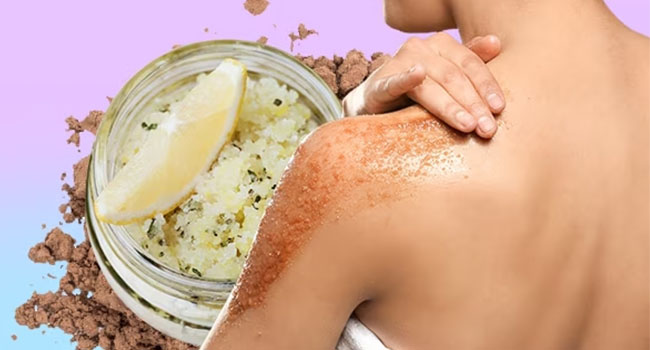
The cleaning products currently on the market can be classified according to these categories:
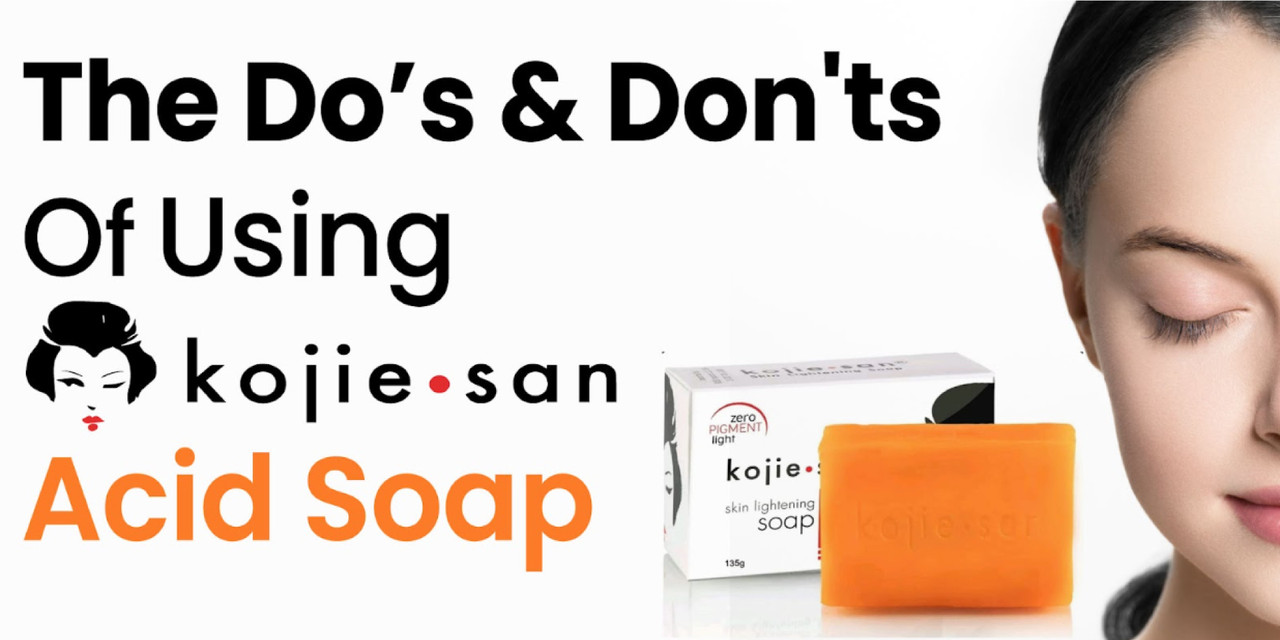
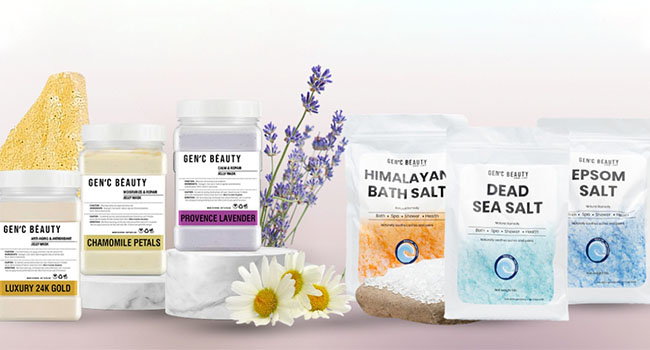

Note: Everyone's skin type and needs are different, so before choosing a cleaning product that suits you, it is best to try it on a small area of the spot and observe whether there is any discomfort. If you have specific skin concerns or require professional advice, it is recommended to consult a skin specialist or doctor.
Pay Special Attention To Private Parts
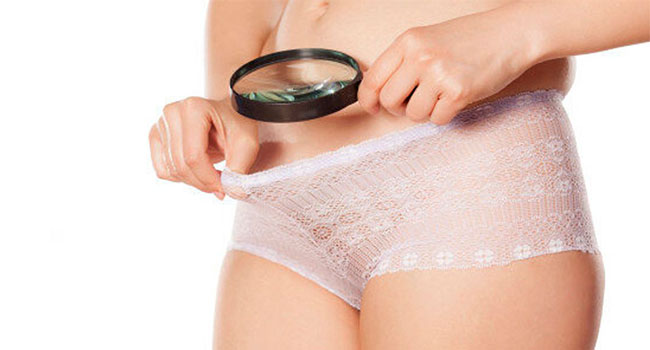
Cleanliness of the private parts is vital to health, and proper cleaning can prevent the occurrence of many diseases. The skin in the private area is more fragile, so choose a mild, pH-balanced cleanser to cleanse the private area. Avoid products that contain harsh fragrances, colorings, or strong detergents, as these ingredients may cause discomfort or allergic reactions.
Change of Clothes and Bedding

A change of clothing and bedding is an important part of maintaining personal hygiene and a clean home. Change underwear, socks and bedding regularly to maintain cleanliness and hygiene. Use laundry detergent or detergent to wash clothes and make sure they are completely dry to prevent bacterial growth. Our bedding is particularly easy to collect dust mites, so it is best to change it every 1-2 weeks.
Healthy Eating and Fluid Intake

Maintaining a healthy diet and proper hydration is essential to maintaining cleanliness and overall health. Eat a balanced diet full of fresh fruits, vegetables and ensure adequate fluid intake.
Moisturizes Skin
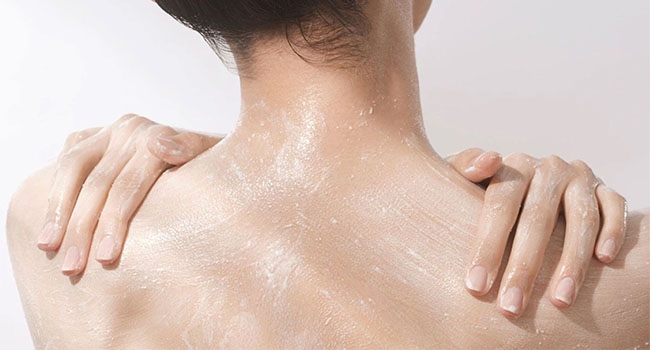
Moisturizing immediately after bathing or showering is crucial. While your skin is damp, apply an appropriate body lotion, body cream or body oil to lock in moisture and hydrate your skin. Pay special attention to areas prone to dryness, such as elbows, knees, and heels.
Choose a care product that suits your skin condition: for dry skin, products rich in natural oils (such as coconut oil, almond oil or grape seed oil) and moisturizers (such as hyaluronic acid or allantoin) are suitable. For oily or combination skin, choose a lightweight lotion or gel-based product.
Finally, consistently use appropriate sunscreen to protect your skin from UV rays. Prolonged exposure to the sun can cause dryness and damage to the skin.
Special Matters To Note

- Avoid over-cleaning. Over-cleansing can strip your skin of its natural protective barrier, leading to dryness and sensitivity. Choose gentle cleansing products and don't cleanse your skin too frequently.
- Pay attention to ingredient labels. Read a product's ingredient label carefully to learn about its active ingredients and potential irritants. If you are allergic to or have an adverse reaction to an ingredient, avoid products containing that ingredient.
- Spot test and observe reactions. Before using a new product such as body wash, soap or detergent, try it on a small area and observe if you experience any unpleasant reactions. Discontinue use of this product if redness, itching, or other symptoms of discomfort occur.
In short, everything should be done in moderation. Keep the humidity clean to maintain health. Too much cleanliness is harmful to health.



